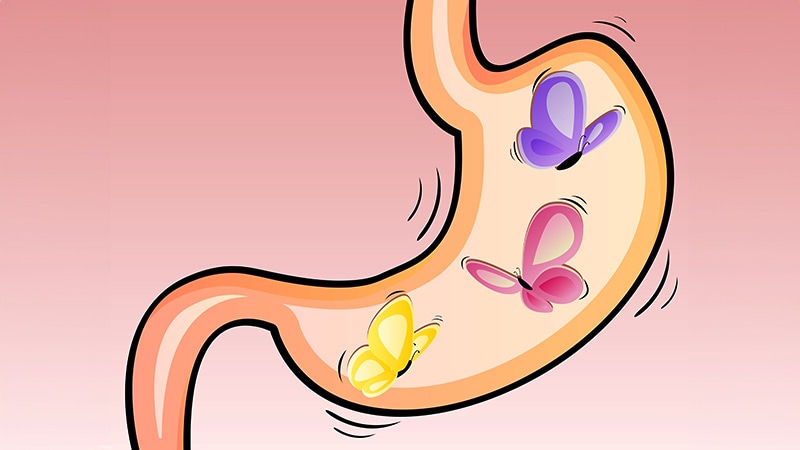Exploring the Physiological Link Between Emotions and Gastric Activity: A Study on the "Butterflies in the Stomach" Phenomenon
The study conducted by researchers from the Sapienza University of Rome, IRCCS-Fondazione Santa Lucia in Rome, and IIT Center for Life Nano- and Neuro-Science in Rome, Italy, provides direct and objective evidence that emotions are linked to changes in the digestive system.
The researchers used the SmartPill, an ingestible capsule that measures various gastrointestinal parameters, to monitor the stomach's response in 30 subjects as they watched video clips designed to elicit different emotions, such as disgust, fear, happiness, and sadness.
The data showed significant variations in stomach acidity that correlated with the emotional state. Specifically, feelings of disgust or fear were associated with a more acidic pH, while happiness was linked to a less acidic pH. These findings suggest that the subjective sensation of "butterflies in the stomach" reflects actual physiological changes occurring in the stomach.
The study also revealed a potential bidirectional relationship between emotions and the digestive system, as neuropsychological conditions like autism and irritable bowel syndrome have been found to be closely related. Further research is needed to clarify the underlying physiological mechanisms and the precise nature of the communication between the central nervous system and the stomach.
The researchers are now exploring the connection between neural activity and gastric function to better understand how emotions are translated from the brain to the stomach and vice versa.
Personalizar resumen
Reescribir con IA
Generar citas
Traducir fuente
A otro idioma
Generar mapa mental
del contenido fuente
Ver fuente
www.medscape.com
The Biology of Butterflies in the Stomach
Ideas clave extraídas de
by Massimo Sand... a las www.medscape.com 06-21-2024
https://www.medscape.com/viewarticle/biology-butterflies-stomach-2024a1000bjl
Consultas más profundas
